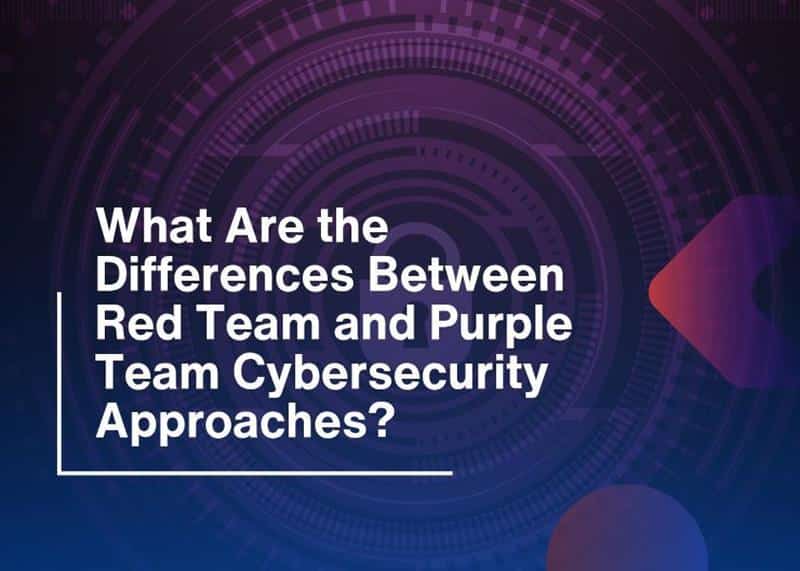Businesses in Saudi Arabia face escalating threats from brand impersonation, phishing attacks, and domain spoofing. These cyber threats threaten financial assets, erode customer trust, and tarnish brand reputation. Therefore, understanding and mitigating these risks is vital for organizations aiming to maintain their integrity and customer loyalty.
Understanding Brand Impersonation
Impersonators deceive customers, partners, and employees by creating false brands to steal their information. In addition, the perpetrators use counterfeit websites, fake social media profiles, and misleading emails to carry out their deception. The main goal of such attacks is to steal important information by masquerading as legitimate trust-based sources.
Therefore, the quick digital development along with growing internet usage in Saudi Arabia has raised the vulnerability of businesses against this threat. Moreover, security threats arise when cybercriminals use respected brand trust to launch misleading campaigns. These campaigns create severe economic as well as business reputation losses.
The Prevalence of Phishing Attacks in KSA
The Kingdom of Saudi Arabia faces repeated attacks from phishing, which stands as one of its main cyber threats. Research findings from Sophos indicate that 74% of Saudi Arabian individuals fell victim to phishing attacks since 2024. Consequently, it shows the importance of better email security measures and worker training initiatives. The attackers use deceptive email messages made to look like official messages. These messages make users click links that lead to scams or expose confidential information. Furthermore, attackers now use advanced security-evading techniques to challenge currently deployed security measures in their campaigns.
Domain Spoofing
Attackers accomplish domain spoofing by developing false websites and email addresses that mimic websites and email addresses belonging to authentic organizations. Additionally, online scammers misuse domain names to create false illusions about trusted organizations to dupe their victims. Attackers designed multiple deceptive domains during their Absher-based phishing assault. These domains targeted Saudi government service users to steal their account credentials. Therefore, critical vigilance and advanced preventive actions must exist for detecting spoofed domains. Moreover, their subsequent neutralization is important because these incidents appear frequently.
Strategies to Combat Brand Impersonation and Phishing
To safeguard against these threats, organizations in Saudi Arabia should adopt a multi-faceted approach:
1. Implement Advanced Email Security Solutions
Firstly, deploying robust email security systems can help detect and block phishing attempts. In addition, solutions that offer real-time scanning, threat intelligence integration, and anomaly detection are essential. For example, Security Pact provides comprehensive email security services tailored to the Saudi market, addressing phishing, malware, and data breaches.
2. Monitor and Protect Digital Assets
Continuous monitoring of digital channels, including websites, social media, and online marketplaces, is crucial. Tools like Akamai’s Brand Protector offer real-time detection and mitigation of brand impersonation attacks. Furthermore, it ensures that counterfeit websites and phishing attempts are swiftly addressed.
3. Educate and Train Employees
Human error remains a significant vulnerability. Regular training sessions can equip employees with the knowledge to identify and report suspicious activities. Emphasizing the importance of verifying email sources and avoiding unsolicited links can significantly reduce the risk of successful phishing attacks.
4. Utilize Domain Protection Services
Engaging services that specialize in detecting and taking down spoofed domains can be invaluable. Companies like Red Points offer impersonation removal services, targeting fake websites and social media accounts that exploit brand identities.
5. Adopt Anti-Spoofing Technologies
Implementing protocols such as SPF, DKIM, and DMARC can authenticate legitimate emails, Furthermore, it can prevent unauthorized use of a company’s domain in phishing attacks.

Best Practices for Preventing Brand Impersonation and Phishing in Saudi Arabia:
- Monitor Your Brand Online: Regularly track brand mentions across social media, websites, forums, and news outlets to detect impersonation early.
- Protect Your Domain with Domain Registration: Register variations of your domain name, including different extensions (e.g., .com, .net, .sa) to prevent domain spoofing.
- Implement Multi-Factor Authentication (MFA): Enable MFA for employees and customers to add an extra layer of security to online accounts.
- Educate Employees and Customers About Phishing Risks: Provide training on recognizing phishing attempts and remind customers never to share personal details via email or text.
- Implement Strong Email Security Measures: Use DMARC, SPF, and DKIM technologies to authenticate legitimate emails and block fraudulent ones.
- Monitor and Respond to Phishing Attempts in Real-Time: Track phishing activities, take down fraudulent websites, and guide affected customers swiftly.
Challenges in Preventing Brand Impersonation and Phishing:
- Increasing Sophistication of Cyberattacks: Phishing and brand impersonation tactics are becoming more advanced, making them harder to detect and prevent.
- Lack of Cybersecurity Awareness Among Consumers: Many consumers are unaware of phishing risks and are easily tricked by fraudulent emails and websites.
- Difficulty in Detecting Domain Spoofing: Attackers often use domain names that are almost identical to legitimate ones, making it hard for consumers to spot fake websites.
- Limited Resources for Small Businesses: Smaller businesses may lack the budget and resources to implement advanced security measures and monitor for brand impersonation effectively.
- Legal and Regulatory Challenges: Navigating the legal framework around cybersecurity, particularly in Saudi Arabia, can be complex for businesses looking to protect their brand.
- Constantly Evolving Threats: Cybercriminals continuously adapt their tactics, requiring businesses to stay up to date with the latest cybersecurity measures and solutions.
The Role of Government and Regulatory Bodies
Saudi authorities recognize the major cyber threats facing the nation, so they continue to establish robust measures for national cybersecurity. The National Cybersecurity Authority supports Saudi Arabia through its efforts to create protective digital frameworks and standards that organizations should adopt. Private sector partnerships with public entities serve as vital to building a protected cybersecurity infrastructure. Furthermore, frequent exchange of threat information alongside incident reporting, plus mutual training events, strengthens the combined defense mechanism.
Conclusion
Businesses throughout Saudi Arabia need to act actively and closely monitor future cyber threats for the defense of their brand identities. Organizations can lower their exposure to brand impersonation and phishing, together with domain spoofing, through the integration of complete security systems and awareness-building steps, and specialized protective services. Moreover, the protection of your brand goes beyond reputation maintenance because it enables trust building and customer retention in the digital era.





